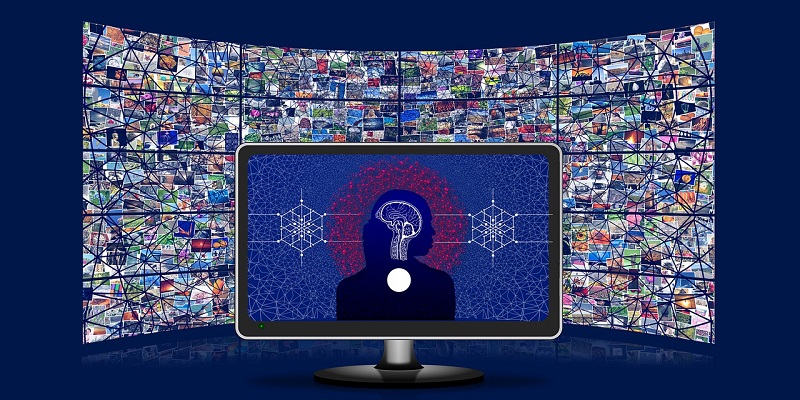
Artificial Intelligence can be creatively deployed in schools and colleges to enable existing content to be utilised by teachers to make the learning process unique for each individual. It is an accepted fact that each child is unique and perhaps differ in their type of intelligence as Howard Gardner had elucidated in his theory of multiple intelligences. In a large classroom of thirty to forty, it was not possible to make the learning process unique for each student as they differ in their lear...
SUBMIT REVIEW
Please email us: editor.rajagirimedia@gmail.com